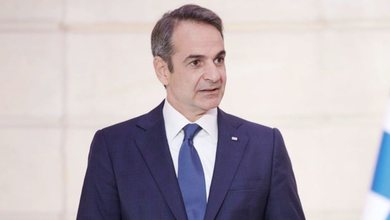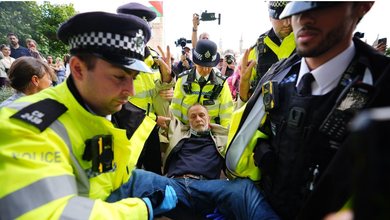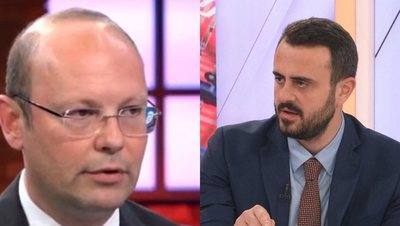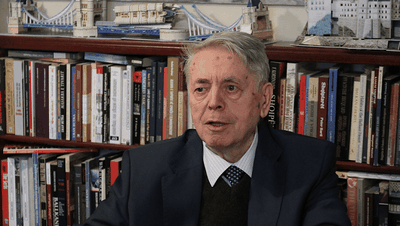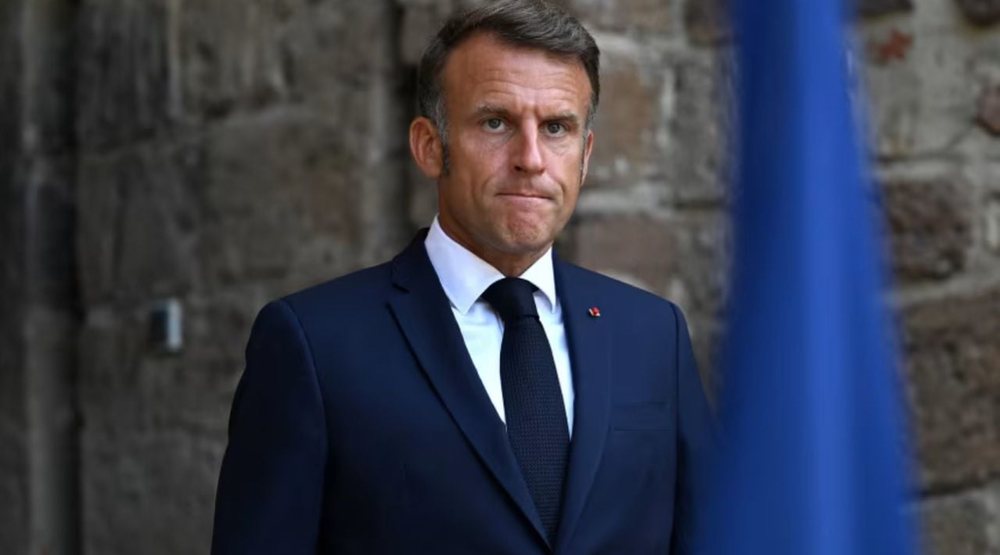
It was a famous question asked by France’s wartime leader and former President Charles de Gaulle: “How can anyone govern a country with 246 types of cheese?” More than 60 years later, the answer seems to be no one. With another government on the brink of collapse, France has seemingly become ungovernable. On Monday, Francois Bayrou, less than a year in office, looks set to become the fourth prime minister to leave in just 20 months. His fate now rests on a confidence vote in parliament that, if lost, would consolidate a record under the Fifth Republic and leave the country’s President Emmanuel Macron weaker than ever. Bayrou called the vote in an effort to push through an unpopular 44 billion euro austerity plan that includes scrapping two public holidays and freezing spending. He says it is a matter of “national survival,” warning that France must control its soaring debt, after “for 20 years, every hour of every day and every night it has seen the debt increase by an additional 12 billion euros.”
These may be alarmist words designed to galvanize the country’s divided political classes into urgent action, even though budget reform was precisely what got his predecessor, Michel Barnier, into a tizzy. The European Union’s chief negotiator, who held the bloc together after Britain’s tortured vote to leave the European Union in 2016, lasted just three months as prime minister, failing to climb the much steeper mountain of persuading the French to accept sweeping spending cuts.
As France sinks deeper into political instability, its borrowing costs are rising. Ten-year bond yields have risen above those of Spain, Portugal and Greece, countries once at the heart of the eurozone debt crisis, and are now approaching those of Italy. An increasingly stressed economy is at odds with the image of a European strongman that Macron has sought to project. And yet the current instability can be traced back to Macron’s dramatic decision to call early elections last year. Angered by the extraordinary results of the far-right National Rally in the European elections in May 2024, the French president forced a parliamentary vote in which his party lost seats to the far right and the far left, leaving France with a divided Assembly. But it didn’t have to be this way. The Fifth Republic, established by President de Gaulle in 1958, was designed to end the chronic instability that had plagued France’s Third and Fourth Republics in the early 20th century. The new constitution gave broad powers to the executive and created a majority system to avoid short-lived governments. As a result, for decades, two main parties on the left and right alternated in power. Macron shattered that order in 2017, becoming the first president elected without the support of either of the established major political parties. Re-elected in 2022, he quickly lost his parliamentary majority as voters flocked to the extremes. Two years of fragile rule followed, with Macron repeatedly forced to invoke Article 49.3 of the constitution, pushing through legislation without a vote, causing growing discontent among opposition lawmakers and much of the French public. In the 2024 snap election, the left won the most seats in the second round, but still fell short of a majority as the far right dominated the first. But their hopes of forming a minority government were dashed when Macron refused to accept their choice of prime minister. Unlike Germany or Italy, France has no tradition of coalition building; its politics have been shaped for more than 60 years by a system dominated by the presidency.
What comes next?
If Bayrou falls, pressure on Macron to resign will intensify, even though he has vowed to serve out his term. Marine Le Pen, the far-right, is demanding that he dissolve parliament, but new elections would almost certainly strengthen her party and further fragment parliament.
Another path would be for Macron to appoint a caretaker government while he considers a successor, with Armed Forces Minister Sébastien Lecornu and Justice Minister Gérald Darmanin among the leading candidates in what is likely to be a poisoned chalice. The problem is that after three failed centrist prime ministers, the opposition parties are in no mood to give each other a chance. Both the far right and the far left have signaled they will seek a vote of no confidence immediately. Another option would be to appoint a prime minister from another political family, but a choice on the right would be blocked by the left and vice versa.
The political climate is bleak. In the event of another snap parliamentary election, a recent Elabe poll suggests that the National Rally would come out on top, with the left coming in second and the center a distant third.







